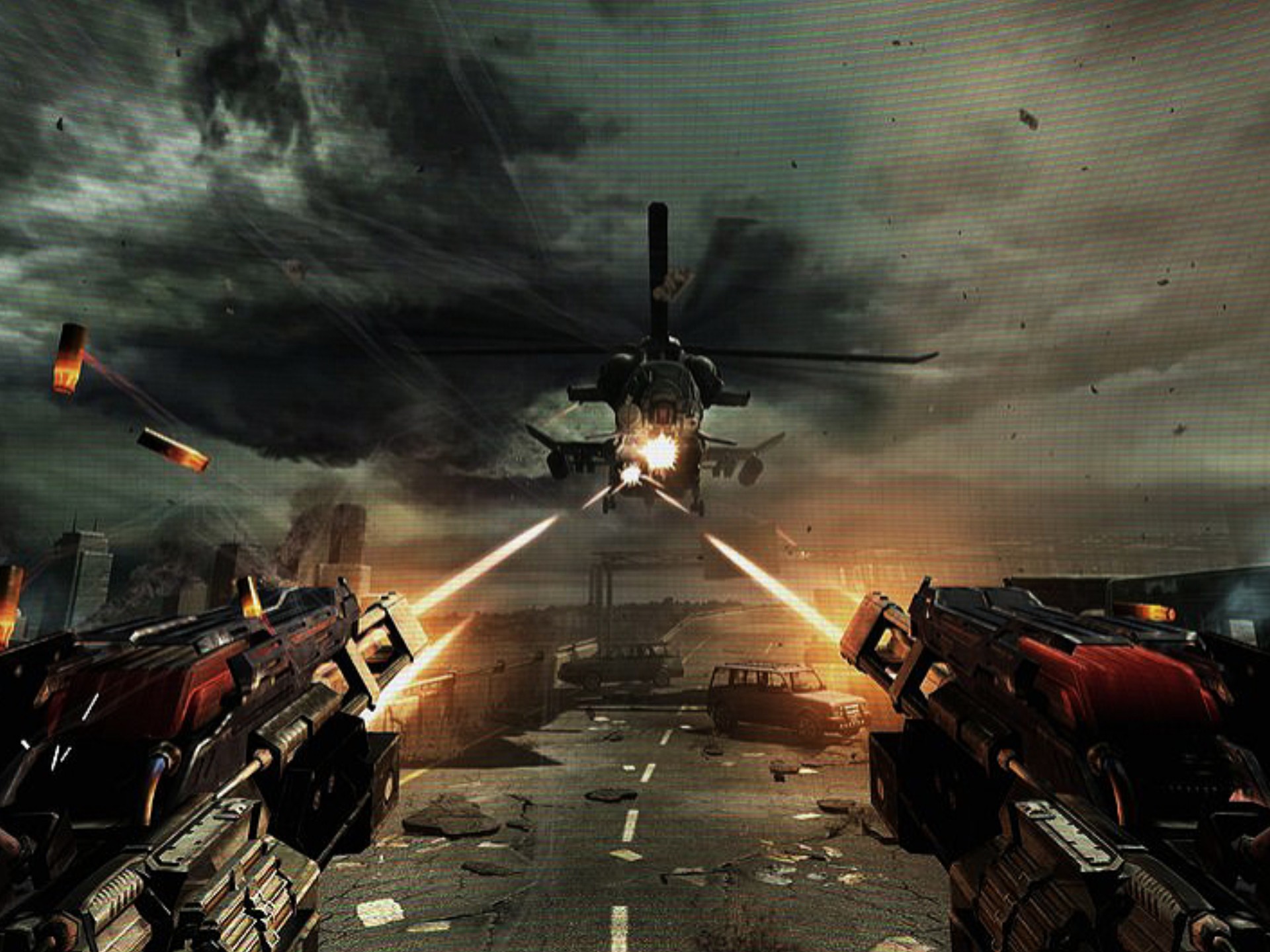Title: Unforgettable: The Most Memorable Deep Game News Moments of the Year

The gaming industry is a constant churn of announcements, updates, and controversies. Yet, every year, a handful of moments cut through the noise, leaving an indelible mark on the collective consciousness of players worldwide. These aren't just news stories; they are cultural events that spark conversations, redefine expectations, and sometimes, change the landscape itself. This past year was particularly rich with such profound developments. From seismic corporate shifts to breathtaking artistic revelations, here are the most memorable deep game news moments that defined the last twelve months.
The Xbox Exodus: A Strategy Shift That Shook the Industry
Perhaps the biggest tremor felt across the entire industry was Microsoft's strategic pivot towards multi-platform publishing. For decades, the console war was defined by exclusive titles designed to sell hardware. The notion that a flagship title like Starfield or Indiana Jones and the Great Circle would appear on a rival PlayStation console was heresy. Yet, in early 2024, Microsoft confirmed what rumors had long suggested: several previously exclusive titles were indeed heading to PlayStation 5 and Nintendo Switch.
This was more than just a business decision; it was a philosophical earthquake. It signaled a fundamental redefinition of what it means to be "Xbox." The brand is no longer just a green box under your TV; it's an ecosystem encompassing Game Pass, cloud streaming, and now, software sales on competing platforms. This moment forced players and analysts alike to reconsider the very future of console exclusivity, suggesting a move towards a more platform-agnostic future where services and access trump hardware loyalty. The debate it ignited—about competition, consumer choice, and the end of an era—was arguably the most significant industry-wide discussion of the year.
The "Apology Tour" That Set a New Standard
In a landscape often criticized for releasing broken games, the launch and subsequent redemption of Larian Studios' Baldur's Gate 3 was a moment of pure, unadulterated triumph. However, the deeper news moment came not from its launch, but from its shadow. The game's unprecedented success, built on years of early access development, player feedback, and meticulous polish, created a new benchmark for the RPG genre and the industry at large.
The real "news" was the ripple effect. Suddenly, executives from other major studios were publicly stating that Baldur's Gate 3 was "an anomaly" and should not be considered the new standard. This defensive posture backfired spectacularly, creating a viral moment where the community and developers united in pushing back. It highlighted a glaring disconnect between some publishers and their audience. In contrast, Larian's transparent communication and commitment to quality became the story. This moment crystallized a growing player demand for finished, feature-complete games and validated a development model centered on passion over profit margins, setting a new bar that other studios are now being measured against.
The Emergence of a New Art Form: AI: The Somnium Files - nirvanA Initiative
While not a news story in the traditional sense, the revelation surrounding the unique narrative structure of AI: The Somnium Files - nirvanA Initiative was a moment of pure genius that spread through word-of-mouth and critical analysis. Director Kotaro Uchikasa crafted a story that didn't just break the fourth wall; it dismantled the entire theater. The game's central twist wasn't just a plot point hidden in the dialogue; it was embedded in the very fabric of the game's timeline and presentation, exploiting player assumptions about how video game narratives are supposed to work.
The "moment" occurred for thousands of players when the puzzle pieces clicked into place, creating a collective online epiphany. Forum threads, YouTube explainers, and social media posts exploded with players experiencing and discussing this narrative revelation. It was a powerful reminder that video games are a unique interactive medium capable of delivering storytelling experiences impossible in any other format. This news wasn't delivered via a press release but through the shared experience of players, making it a deeply organic and memorable event that celebrated the artistic potential of games.
The Preservation Victory: A Win for Gaming History
Beneath the flash of new releases, a more somber but equally crucial battle is always being waged: game preservation. This year, a significant victory was won. The news that video games would now be recognized as "audiovisual works" by the Library of Congress for copyright purposes, and that the Video Game History Foundation's preservation efforts were gaining significant traction and funding, was a watershed moment.
For years, countless classic games have been lost to time due to decaying hardware, defunct studios, and legal limbo. This shift represents a formal, institutional acknowledgment of video games' cultural importance. It grants preservationists stronger legal footing to archive and protect these digital artifacts. This moment resonated deeply with historians, retro gamers, and developers who understand that to know where we're going, we must preserve where we've been. It was a quiet, profound piece of news that secured the legacy of the medium for future generations.
The Engine War Heats Up: Unreal vs. Unity
Finally, the developer community was rocked by the fallout from Unity's proposed runtime fee policy. Unity Technologies' announcement of a new fee structure that would charge developers per game installation was met with immediate, universal, and furious backlash. This was a deep industry news moment because it wasn't about a game, but about the very tools used to create them.
The response was swift and severe. Major studios and indie developers alike threatened to abandon the engine, citing destroyed business models and a profound breach of trust. Within days, Unity walked back much of the plan, but the damage was done. The trust was shattered. The moment highlighted the precarious relationship between creators and the platform holders they depend on. In its wake, engines like Godot saw a massive surge in interest, and Epic Games reaffirmed its commitment to a developer-friendly model for Unreal Engine. This event was a stark reminder that the ground beneath developers' feet is not always solid and that the community's collective voice still holds immense power.
These moments, from corporate gambles to artistic breakthroughs and community solidarity, show an industry in dynamic flux. They prove that the most impactful video game news is rarely just about a release date or a trailer; it's about the stories that change how we play, create, and think about this ever-evolving medium.


















